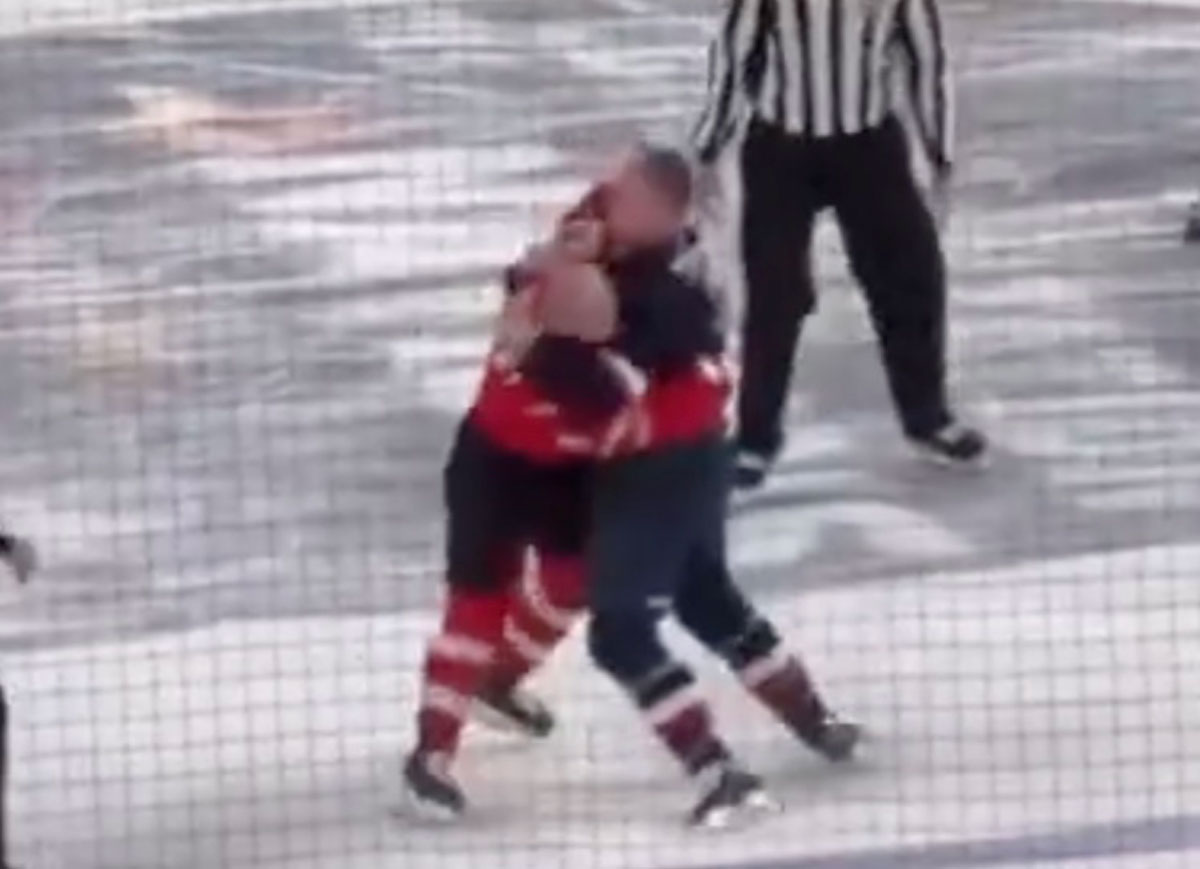Michelle Carter, Teen Who Encouraged Boyfriend To Kill Himself Over Text, Sentenced To Prison
On Monday, a Massachusetts judge ordered Michelle Carter to begin serving her sentence for persuading her boyfriend to kill himself nearly five years after he died in a truck filled with toxic gas.
Carter was sentenced to 15 months in prison in June 2017 after a judge found that she had played a role in the death of Conrad Roy III. At the time, Bristol County Juvenile Court Judge Lawrence Moniz, allowed her to remain free while she appealed to state court, but in a ruling last week the Massachusetts Supreme Judicial Court upheld Carter’s conviction and said that her actions caused Roy’s death by suicide.
Carter’s lawyer argued that she should stay out of jail while her defense team takes her case to the U.S. Supreme Court and filed an emergency motion on Monday to keep her out of jail, but a judge ruled that Carter should start her sentence.
“This case, legally, is not over,” Carter’s defense lawyer Joseph Cataldo told the judge after Monday’s ruling, according to NBC News. “We fully intend to file an appeal to the United States Supreme Court within the next 90 days.”
While being taken into custody, Carter showed no emotion as she stood and was led away.
Meanwhile, Roy’s aunt, expressed relief on Monday, saying that his family believes that justice had been served even though the case had been a long and difficult one. “We hope that no one else ever has to feel this pain,” Becky Maki said. “His life mattered.”
Carter was 17 when Roy, 18, took his own life in Fairhaven, a town on Massachusetts’ south coast, in July 2014.
Carter’s case which centered around text messages between the two in which she urged Roy to kill himself, drew international attention and provided a look at teenage depression and suicide.
In the dozens of text messages revealed during her trial, Carter pushed Roy to end his life and continued to encourage him when he hesitated, and when Roy made excuses to put off his plans, Carter then became more insistent.
“You keep pushing it off and say you’ll do it but u never do. It’s always gonna be that way if u don’t take action,” Carter texted him on the day he died.
But in the case, the juvenile court judge focused on the fact that Carter told Roy over the phone to get back in his truck when it was filling with carbon monoxide. The judge said that Carter failed to notify the police or Roy’s family and instead listened on the phone as he died.
“After she convinced him to get back into the carbon monoxide filled truck, she did absolutely nothing to help him: she did not call for help or tell him to get out of the truck as she listened to him choke and die,” Supreme Judicial Court Justice Scott Kafker wrote in the court’s opinion affirming her conviction.
During trial, Carter’s lawyers argued that Carter had initially tried to talk him out of suicide and encouraged Roy to get help. But her attorney said Roy was determined to kill himself and that nothing Carter did or said could change that.
Carter’s appellate attorneys have argued that there is no evidence that Roy would have lived if Carter had called for help. They also argued that there wasn’t enough evidence to prove that Carter told Roy to get back in his truck.
Although the phone call between Roy and Carter wasn’t recorded, prosecutors pointed to texts that Carter sent to a friend two months later in which she called Roy’s death her fault and that she had told Roy to “get back in” the truck.
50 CELEBRITIES WHO DIED IN 2018 – TRIBUTE SLIDESHOW
Daniel Marx, who argued the case before the Supreme Judicial Court, believes that the court’s ruling “stretches the law to assign blame for a tragedy that was not a crime.”
“It has very troubling implications, for free speech, due process, and the exercise of prosecutorial discretion, that should concern us all,” he said.
RELATED ARTICLES
Get the most-revealing celebrity conversations with the uInterview podcast!


 Click here for the In Memoriam: 50 Celebrities Who Died In 2018 Slideshow
Click here for the In Memoriam: 50 Celebrities Who Died In 2018 Slideshow



Leave a comment